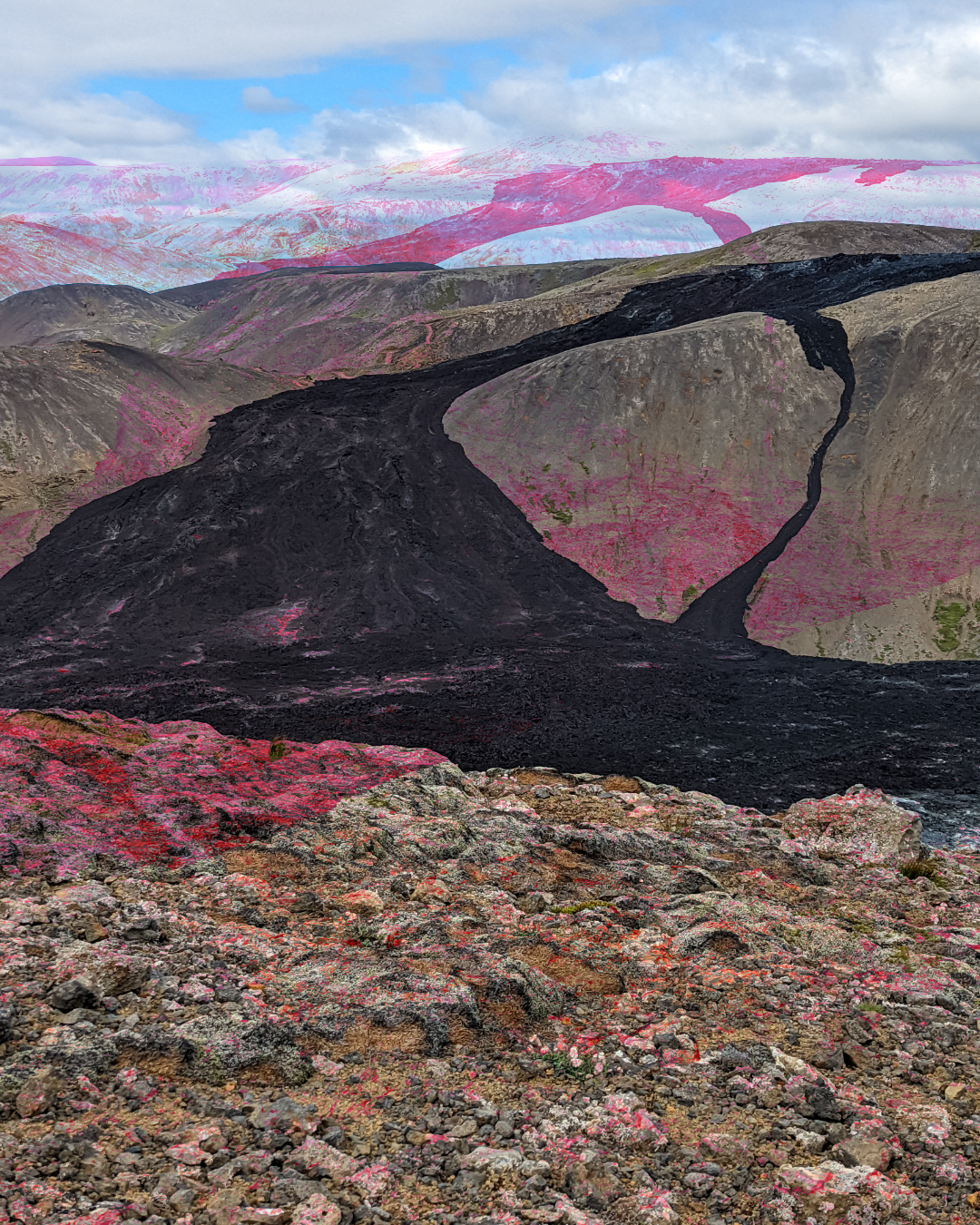Empedocles: Death in the flame
There are varying accounts of the death of Empedocles, philosopher of Love and Strife, from Laërtius to Hölderlin. Some say he threw himself into the flames of Mount Etna to prove to his disciples the inferno would transform him into an immortal god. But the volcano betrayed him, spitting back his bronze sandal and exposing his deception. In Lucian’s “Icaromenippus”, aptly subtitled “An Aerial Expedition”, when Empedocles leapt into the crater, a whirl of volcanic smoke carried him to the moon where he spent the rest of his days “doing a good deal of high thinking on a diet of dew”. However he may have ended it, consider the words of Horace: “Let poets have the privilege to die as they wish. He who saves a man against his will murders him.”
Matthew Arnold’s victorian-age Empedocles bears the least resemblance to the historical figure of Antiquity but is most representative of our contemporary condition, one I’d cheerily characterize as that of impending ecocidal doom and the insignificance of a human life dwarfed by the numinousness of geological time. “Man’s measures cannot mete the immeasurable All”, Empedocles despairs, alienated in an indifferent universe that exceeds understanding. In response to the poet Callicles’ comforting pastoral ruminations involving centaurs, the natural philosopher answers coldly “No, we are strangers here; the world is from of old.”
Ascending a “charr’d, blacken’d melancholy waste” our lonely codger laments “Oh that I could glow like this mountain!” before finally tossing his wretchedness into the void. Empedocles leaves us with a reflection on cosmic transformations, words arguably less of desperation than that of wise resolve.
“To the elements it came from
Everything will return —
Our bodies to earth.
Our blood to water.
Heat to fire.
Breath to air.”
Easy on the Strife, Empedocles. Where is the Love? In the end, perhaps one can take solace there will be neither.
“Contemplation of fire brings us back to the very origins of philosophic thought … Death in the flame is the least lonely of deaths. It is truly a cosmic death in which a whole universe is reduced to nothingness along with the thinker.” — Bachelard, Psychoanalysis of Fire

